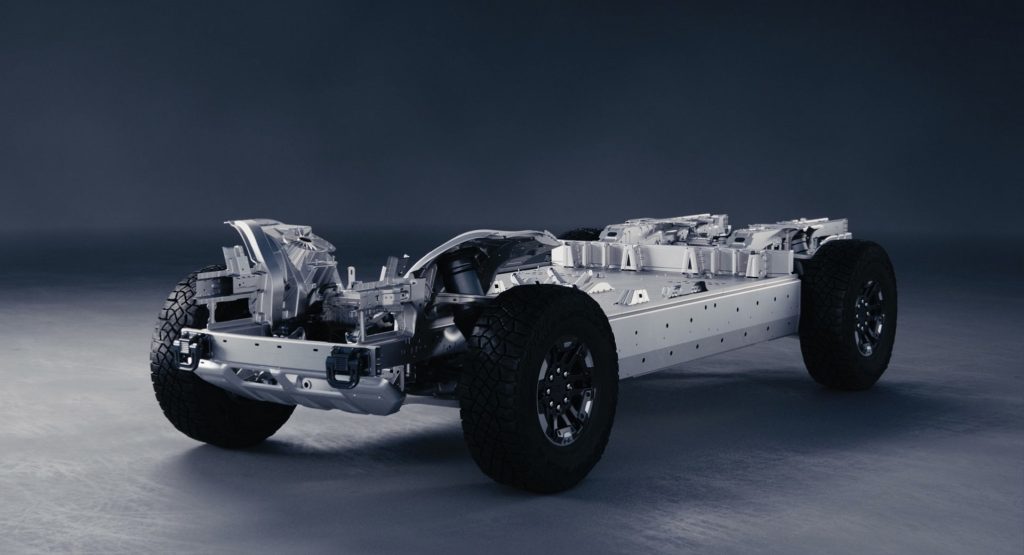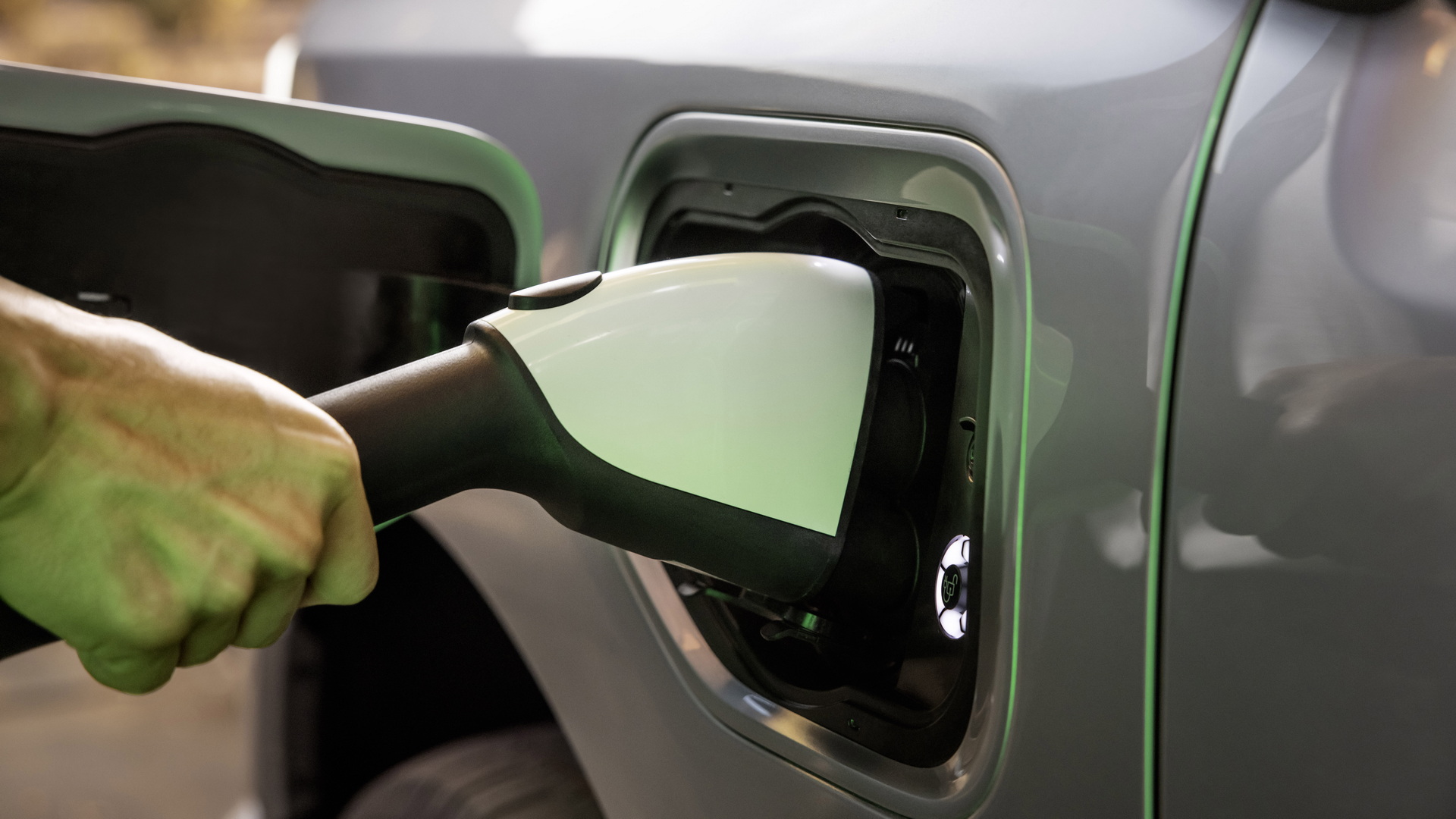By committing itself to new technologies and electric vehicles and drawing on its rich mineral resources, Australia could resurrect its automotive industry, a new report states.
The report has been published by the Australia Institute’s Carmichael Centre and argues that Australia’s erstwhile carmaking expertise puts it in a great position to launch its electric vehicle manufacturing efforts. Even if the industry can’t return to building cars from scratch, expanding into battery production could help its economy enormously, per The Guardian.
The country has a wealth of lithium deposits, something it’s looking to tap into more and more, that is currently worth $1.1 billion ($790 million USD at current exchange rates). Processing the materials into batteries, however, could make the industry worth $22.1 billion ($15.8 billion USD), according to the report.
Read Also: Aussie Police Now Have A Hydrogen Hyundai Nexo To Fight Crime
Although the transition wouldn’t be a solution to all of Australia’s woes, it would help revive the industry that was once the “glue that held communities together,” according to the report’s lead author, Dr. Mark Dean.
“We need people to mine these commodities, process them, and we need them to be transported so they can be manufactured – everyone along the way benefits,” said Dr. Dean.
The report recommends setting up a commission with government, business, and union representatives to map out the future of the industry. It also recommends ensuring that the new industry is powered by renewable energy and regulations be set up to provide customers and businesses with incentives for switching to greener technology.
According to Andrew Dettmer, president of the Australian Manufacturing Workers’ Union, making electric cars is a “once in a generation opportunity” for Australia that would create a “virtuous cycle” of growing employment.
“As far as we’re concerned this is a great opportunity to rebuild from the bottom up a new vehicle industry in Australia,” Dettmer said. “But we need to see the government take it up and, for once, be bold.”
Although EVs have fewer parts than internal combustion engines, they are more technologically complex, so there are job opportunities in the high-tech sector. Any transition, however, will take time as the life cycle of cars means that any action taken now will take around 15 years to be expressed in the market. The paper’s authors, though, say that’s more reason to hurry up and invest in EVs now.






